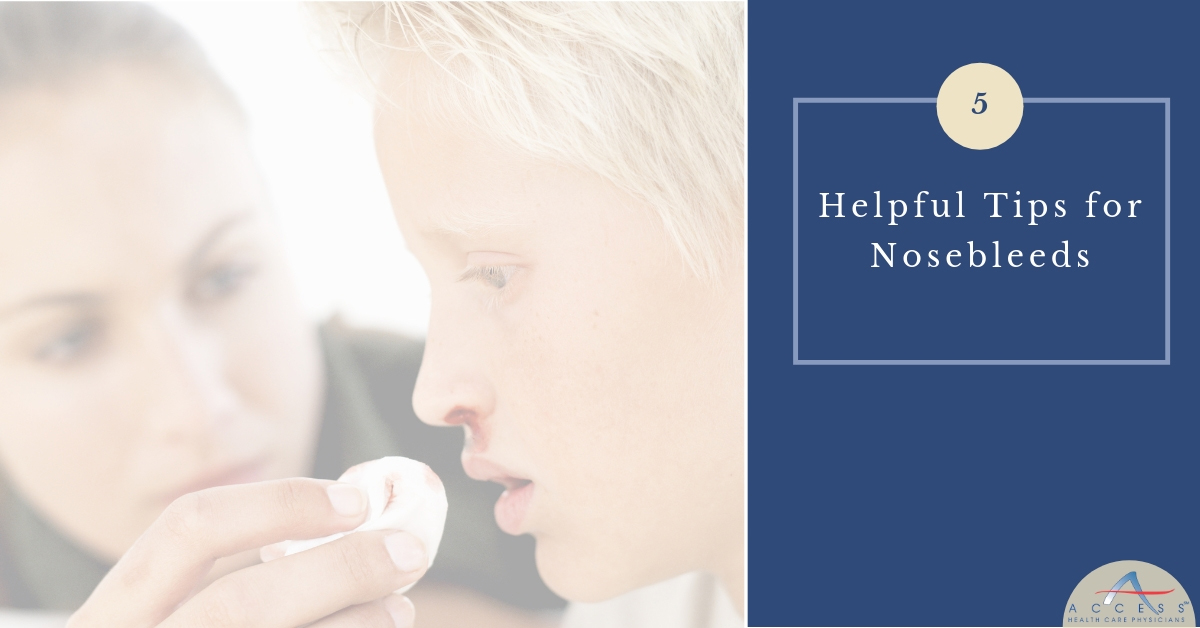Nosebleeds can be a frequent affair, particularly in a household with kids. We present to you some quick tips to help you alleviate a bleeding nose, usually without any invasive medical intervention.
Have you ever had to rush to the bathroom because you suddenly notice blood streaming out of your nostrils? Such a sight can be frightening. However, put all your worries to rest because such a condition is usually not a worrisome sign. Inside your nose lies a complex web of blood carriers that are tenuous and damage-prone. The slightest of stimuli like blowing your nose too often, dry and hot weather, excessive poking, and even some prescription medicines are likely to cause bleeding as a result of a ruptured blood vessel.
Plenty of invasive methods like incinerating the damaged blood vessel using electricity, knotting the injured vessel, and even plugging the artery to cut off blood flow can be employed by a physician to treat a nosebleed. While these methods seem to provide immediate relief, they may have some severe side-effects.
Here are a few suggestions to help alleviate a nose-bleed at home, before rushing off to a doctor:
-
Tilt Your Head— When your nose starts bleeding, tilt your head frontward to allow the blood to flow out instead of draining back into your throat. Using your forefinger and thumb, squeeze the bridge of your nose and slowly slide your fingers down up to a point where the cartilage starts. Maintain the compression for a few minutes.
-
Cold Bandaging— Wrap some ice in a towel and place it at the top of your nose. A cold bandage of this kind will help constrict the bleeding vessel and reduce the flow.
-
Apple Cider Vinegar— Placing a small ball cotton ball soaked in apple cider vinegar (ACV) in the nostril that is bleeding will help narrow down the leaking vessel to stop the bleeding.
-
Saline Water— To avert a nosebleed, keep the insides of your nose lubricated during the dry summer months and the cold winters when your home heating system sucks out all the moisture from the air. A few drops of saline water in each nostril can help keep the nose moisturized.
-
Drink Water— Guzzling at least 8 to 10 glasses of water will help keep the mucous membranes soft and hydrated, therefore, making them less susceptible to injury. Blood vessels that are well-oiled are more pliable and do not crack easily.
Note: An unabated nosebleed that lasts for over 20 minutes or one that has occurred right after a head injury and makes you feel giddy, weak, and short of breath too, requires medical attention right away.


